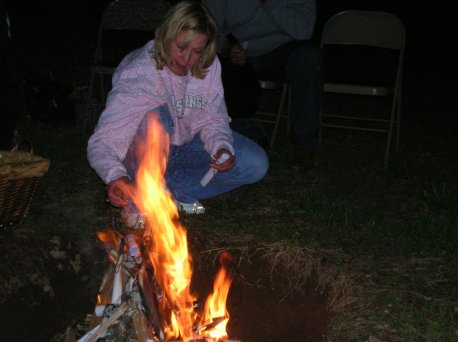
The Consequences of pretending:
Pretending comes along natural, early in life. Children discover it assists them in getting what they want. Later it can be used to portray innocence and a means of shifting blame (maybe to another sibling.) In adolescence, it becomes more of an excuse and avoidance skill. In adulthood, it matures into a permanent form of deception, i.e., role-playing (or masking reality.)
In these make-believe roles, your character can be diluted to the point you become less truthful, in other words less authentic.
Some individuals blossom in this make-believe world, while others wither. I feel this struggle erodes the stability of your character. Your life adopts a pattern of falsehoods that over time commonly take their toll.
Pretending ads stress, sapping energy, and keeps you on continuous guard to maintain your make believe role.
A person’s world changes instantly after a Suicide. You find yourself unprepared in an unfamiliar world. It is a permanent relocation, and continuously evolving, and there are no escape hatches.
In those first few days, it is common to maintain a pretend buffer to shield you from the world. I maintained that role for several months, without realizing how it was changing me.
The Suicide awareness was only a day old when I returned home, cutting short a ten-day teaching assignment in Boston. Shortly after arriving home, a couple from my Church, Paul and Susan, appeared and buffered me. They answered the door, the phone, and interfaced with my outside world. Guests, flowers, and food were arriving from Wednesday through Sunday, and they handled everything transparently. It was an amazing gift, and today I realize how unaware I was. We had known each other for a couple of decades through the church.
The memorial service was Saturday afternoon, and as the sun went down the next day, everyone returned home to their routine lives. I was by myself for the first time. This "by myself" was something I had never known, not in this way. Their final act honored my request to distribute all the flowers. I just did not want to watch them die by myself.
My first outside acting role, that I realized, occurred within days. I went to Borders, a local book store. I entered fending off salespeople looking for a book titled "What do you do after a Suicide," or some title that would answer my questions. I remember being careful to appear as a casual shopper. Not seeing the word Suicide anyplace, I decided to ask for help.
A saleslady approached, and I do not recall how I worded my request, but it included the word Suicide. She responded she would check and walked away. After an uncomfortable wait, I quickly departed the store. It was a stark lesson on guarding the use of THAT word. I don't recall ever going back to that Borders' store. I went on to look for Suicide Books at other stores, libraries, and finally resorted to Amazon - but never asked for help.
Later on, through counseling and Survivor Of Suicide support groups, I build a small library of my own. All of this together helped me become conversant on the subject of suicide. In addition, the shared experiences from 100's of survivor sessions (now spanning over two decades) have been invaluable to me.
As I began to formulate a new personal life, I memorized careful statements and short responses to be truthful, or I guess I would say more guarded. I would intentionally stop short of providing details, since that seems to spur more questions.
Finally a long term friend told me the reason she avoided me in the early years was because she did not know what to say. That hurt, but at the same time, it made all the sense in the world to me. Afterward, I strived to be deliberately frank and aboveboard. I don't want to pretend I am okay - because I am really not with Suicide. I just somehow decided I can be me, all along, realizing that folks are uncomfortable with the whole subject. The situations with Suicide I cannot solve so I tend to listen carefully now and be truthful in every way.
FHAS-Consequences Of Pretending V09-G-edited-0124.2023